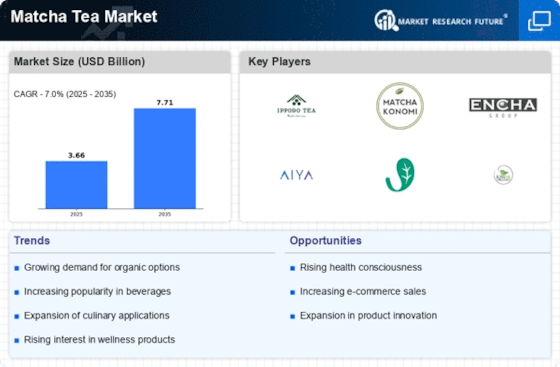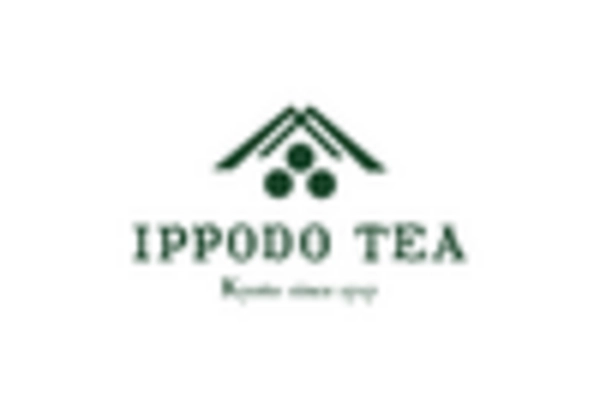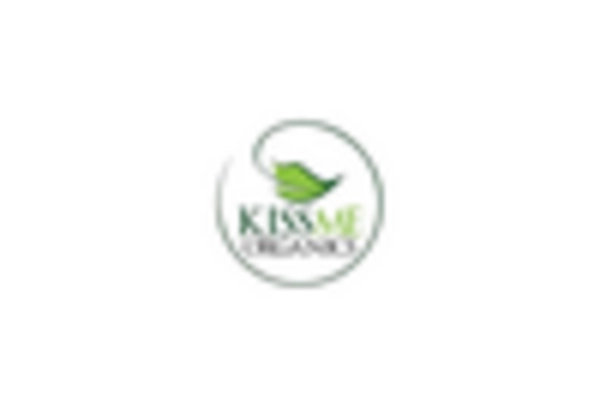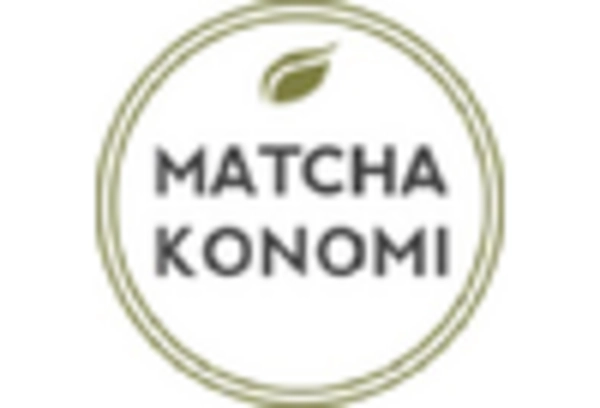Market Analysis
In-depth Analysis of Matcha Tea Market Industry Landscape
The Matcha Tea Market falls under the wider tea and beverages industry, which is going through dynamic changes influenced by consumer trends and cultural diversity, apart from health consciousness. Essentially, matcha consists of finely powdered green tea known for its bright coloration, distinctive flavor taste, and potential health benefits. Consequently, customer preferences are the key drivers of matcha tea market dynamics. Also, cultural appeal and authenticity are important for the Matcha Tea Market. This powdered tea originated in Japanese tea ceremonies but has gained worldwide popularity as consumers perceive its cultural richness and authenticity. It is now a ritual known to many to whisk matcha with hot water due to its long-standing traditional method of preparation, which enhances the market's appeal. As a result, such cultural links give matcha an extra dimension that distinguishes it from other types of teas, thus driving its increasing use in various domestic culinary applications other than tea. Moreover, the versatility of matcha beyond being consumed as a beverage further impacts its market dynamics. Matcha is used as an ingredient in various products, including desserts, snacks, and even cosmetics, rather than just as a drink like most teas do. This presents an opportunity for chefs, bakers, and food manufacturers who would want to use this highly regarded substance either in making sweets or savory edible things, thereby widening its market scope even more so than ever before. The global nature of the Matcha Tea Market introduces complexities related to supply chain dynamics. Green tea leaves form the basis for matcha production, which involves delicate shade growing and processing that preserves their bright color and specific taste characteristics intact throughout the entire process until they become powder. Climate variations, among other geographical factors, also affect both quality and supply through agricultural practices involved in growing green tea leaves from which it comes. At the same time, geopolitical issues can sometimes limit availability. With regard to these circumstances, participants in this business sector must come up with ways capable of ensuring that there are continuous, high-quality deliveries regardless of external challenges. The Matcha Tea Market Competition is characterized by the traditional tea producers and newcomers riding on this wave. To meet consumer demand, established tea companies, as well as niche brands, are incorporating matcha into their product portfolios. Marketing efforts often focus on product authenticity, quality, and the unique benefits associated with matcha. Environmental and sustainability considerations are rising in the dynamics of the matcha tea market. As consumers become more environmentally conscious, there is a growing demand for sustainably sourced and ethically produced matcha. Companies that prioritize transparent and eco-friendly practices in farming, production, and packaging can gain a competitive edge in a market where sustainability is increasingly influencing consumer choices.


















Leave a Comment